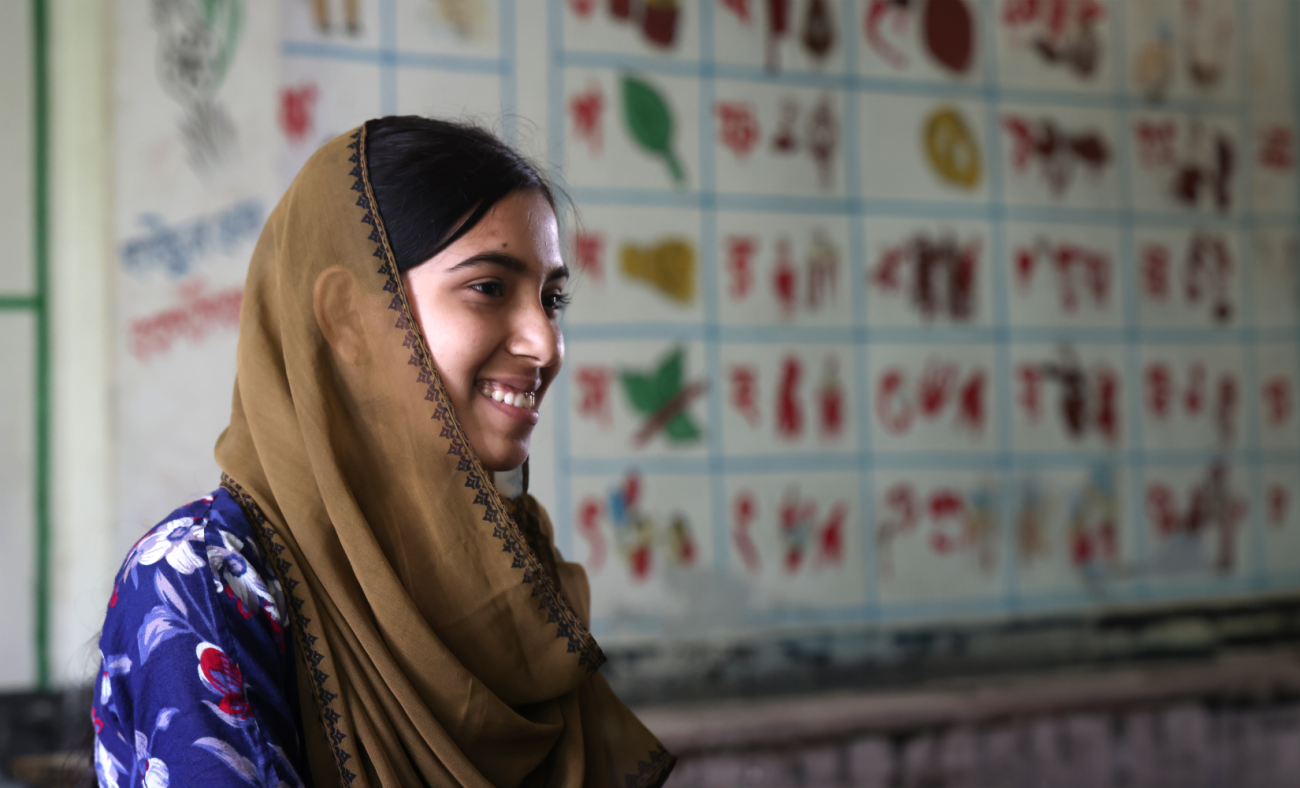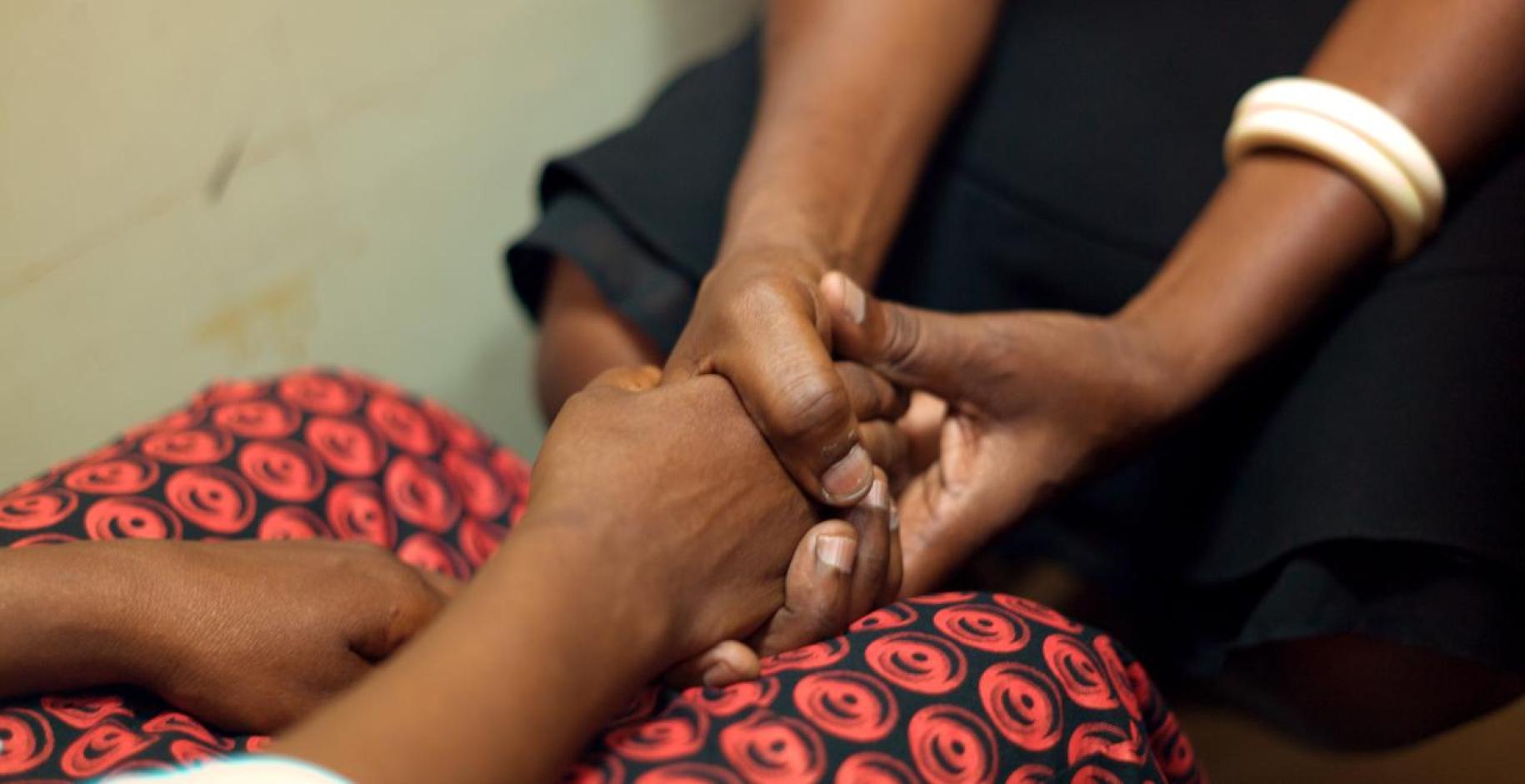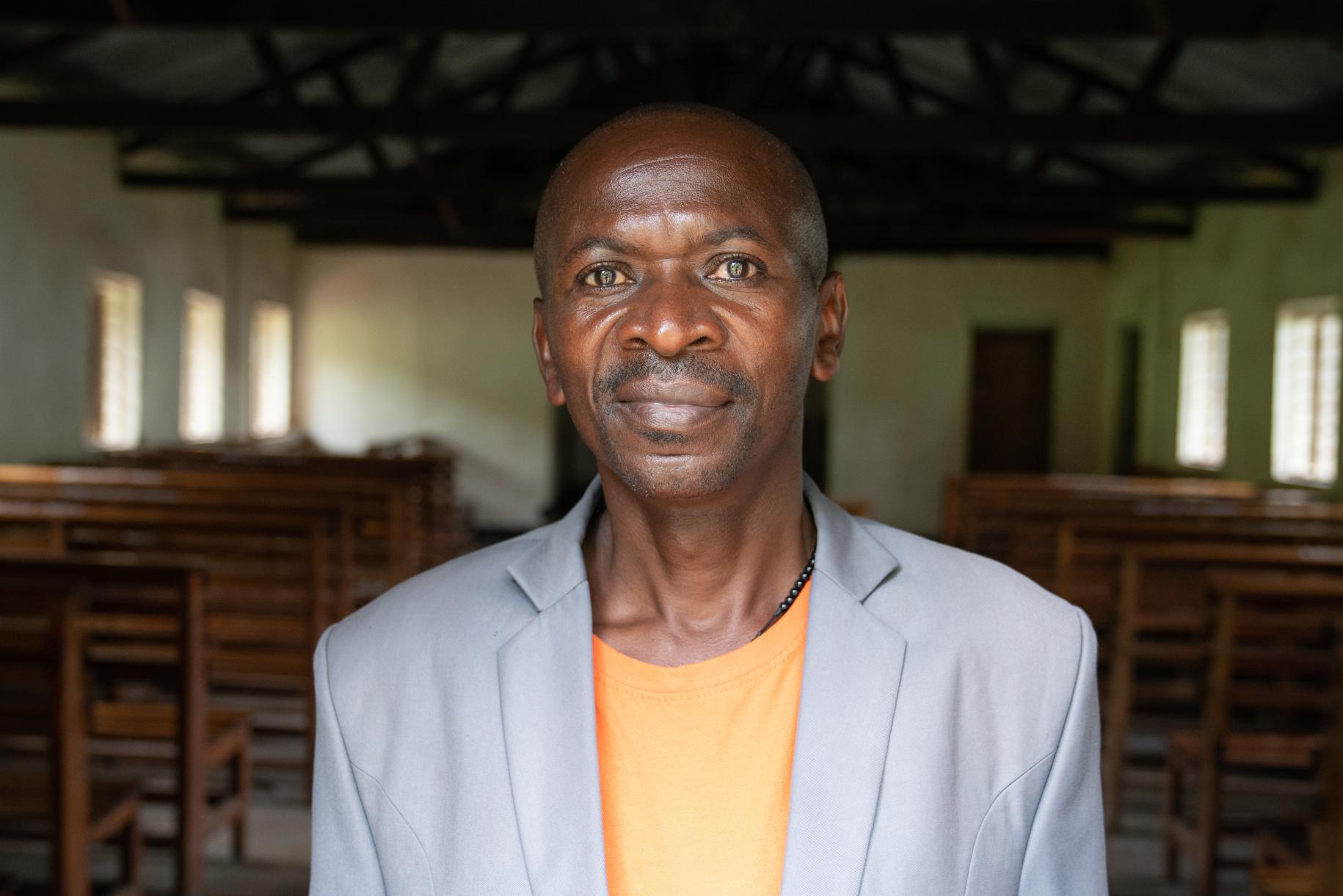No Excuses: UN Teams tackle violence against women

Every year on the 25th of November, the world reckons with the persistent injustices of violence against women and girls. This year’s theme calls on the world to take action and invest in the right legislations, resources and capacities required to prevent violence and support women’s rights.
More than half of all countries around the world lack laws that prohibit discrimination against women. A safer environment for all women and girls cannot be guaranteed without strong legislation, preventative measures, necessary services for survivors and a fundamental shift in social norms and behaviours.
For this year's 16 days of Activism, UN Country Teams marked the launch of the campaign with public events, bringing together the diplomatic community and civil society. Around the world, UN Country Teams are demonstrating through their support and advocacy, why there is no time for excuses when it comes to tackling violence against women.
Caribbean
Businesses and members of the Caribbean Employers Confederation came together recently to launch a workplace policy against gender-based violence. Supported by the European Union and the United Nations Spotlight Initiative (through the UN Population Fund), eight businesses from Barbados, Antigua and Barbuda and Trinidad and Tobago, committed to implementing policies that uphold gender equality, survivor-centered support, recruitment, reporting and self-defense training. Read more here about the efforts companies can make and the skills that human resources professionals are being equipped with through this initiative.
Gambia
In Gambia, with funding from the Multi-Partner Trust Fund for Safe, Orderly and Regular Migration, the International Trade Centre is helping support migrant women with entrepreneurship opportunities. Women like Ndey have faced violence and harassment as they navigated the Trans-Gambia corridor from Gambia through Niger and onward, in search of better economic prospects. Read Ngey’s story here, as she gained new skills, networks and renewed confidence to run a small business and empower others like.

Bangladesh
In Bangladesh, millions of girls face daily risks from child marriage and gender-based violence to adolescent pregnancy, restrictions on education, and difficult living conditions. Safe spaces known as “Kishori Resource Centres” run by the UN Population Fund and the UN Children’s Fund are creating a safe, secure and supportive environment for women and girls who have faced violence to access psychosocial support, learn new skills, gain an education and pursue a brighter future. Read about how these centers are helping women and girls like Marija here.
Sri Lanka
In Sri Lanka, Dulmini Bandara is the officer-in-charge for Manusath Piyasa- a shelter for women with disabilities who have faced violence and abuse. The shelter, opened in February 2023, is one among eleven supported by UN Women, that provides emergency relief and support to women most affected by the socio-economic crisis in Sri Lanka in the past year. Creating a positive space that enhances women’s well-being and health and aids in their skill development, the shelter emphasizes self-sufficiency, also helping women to grow their own food. Hear a first-person account from Dulmini Bandara here.
Uganda
Through the UN Spotlight Initiative, boys and men in Uganda are embracing the chance to be change-makers, questioning long-standing social norms that have perpetuated harassment, discrimination and power imbalances against women and girls. With the support of the UN Population Fund, community leaders like Timothy Masekera help share information and awareness about the rights of girls and women among men, help survivors access healthcare and justice, among others. The Spotlight Initiative joins hands with local civil society organization to offer training on tackling gender-based violence, including helping identify and support victims. Read more about Timothy’s story and the change he is affecting in Kasere District here.

Viet Nam
In Viet Nam, nearly two in three married women have experienced one or more forms of physical, sexual, emotional, and economic violence in their lifetime. Yet, as UN Resident Coordinator Pauline Tamesis, and Swedish Ambassador to Viet Nam, Ann Måwe explain in their joint op-ed, preventing this violence from happening requires a significant increase in funding and investments. Learn more about how the UN is working with partners to channel more resources into different prevention measures and what else needs to be done to enable a whole-of society approach to ending gender-based violence in Viet Nam.
The global Spotlight Initiative to eliminate violence against women and girls is a United Nations initiative in partnership with the European Union and other partners. Learn more about how Resident Coordinators around the world are raising their voices to help end violence against women on the ground.













